University of the Earth (Unitierra), Cideci Las Casas, Chiapas, AC
A free and open event
Register at Cideci Las Casas from 29 December
Location:
Cideci-Unitierra Chiapas
Viejo Camino to San Juan Chamula, unmarked road
Colonia Nueva Maravilla
San Cristobal de Las Casas
Chiapas
Mexico
Email: unitierra_chiapas@prodigy,net.mx
Website with more information and live transmission:
www.seminarioscideci.org
“For those from above, the calendar is made from the past. To keep it there, Power fills it with statues, festivals, museums, ceremonies, parades. All in order to exorcise the past, that is, to keep it in the space of that which has been, and not that which will be.
For those from below, the calendar is something forthcoming. It is not a bunch of pages scattered about out of boredom and despair. It is something for which we must prepare.
In the calendar from above, it is held; in the one from of below, it is built. In the calendar from above, it is celebrated; in the one from below, it is fought for. In the calendar of above, history is manipulated; in the one from below, it is made. In the calendar from above, prizes buy consciences and words; in the one from below, they are silenced. In the calendar from above, grey mediocrity is lord and master; in the one from below, all colors are painted. In the calendar from above there is only contempt for those from below, and a belief that they can do this with impunity.
In the calendar of below there is rage against those from above.
And so it will continue to be until another calendar is written, where it should be written, that is to say, below.”
Don Durito of the Lacandon Jungle
“Today it is clear, it seems to me, that the left is not the “other” of the right, both located in an opposed but symmetrical relationship with respect to power: the left is above all the other of power, the other sphere and the other sense of social life, that which is buried and forgotten by constructed power, the return of the repressed, the voice of life in common drowned by community life, the voice of the dispossessed before that of the poor (and that of the poor just because they are mostly, but not exclusively, the dispossessed) – the left is the Voice of the Dead.”
Tomás Segovia
“We must fight ……we must resist …… we must retell history…… The struggle never ends.”
Comandante Moises, died September 26, 2011
“Our compañero, before he would go to work, used to say that the time he was going to lose did not matter (….) And he used to say that he, without a doubt, embraced the struggle, that he never wanted to drop it, and that regardless of the suffering he might encounter, he had taken up the struggle.”
His wife, speaking of Roberto Aguilar Santis, who died in the mobilization of May 7, 2011
The Zapatista movement not only opens the path or the hope of the present or the future, not only for the Mexican people, but for all the peoples of the world. The “¡Ya Basta!” (Enough!) gave us a sign of hope, not only for Mexicans, but for the men and women, young people, children and the elderly of other communities of the world, as well.
We know how to struggle and we struggle from below (…) since we do not need the national and international laws of the bad governments, which only strengthen the neoliberal capitalist model and which do not know how to recognize and respect the autonomy our people have been exercising, as a historical right–one that has without a doubt always belonged to us: our right to self-determination and autonomy, as well as to our land and territory, which are not for sale or subject to negotiation. It is necessary to strengthen with our lives the struggles of our peoples, as the very life of our mother earth.
We indigenous peoples will go no further without all of our brothers and sisters from other communities of the world. The reconstruction, the reconstitution of a new world is in the hands of each and every one of our dignified men and women of all peoples.”
Don Juan Chavez Alonso
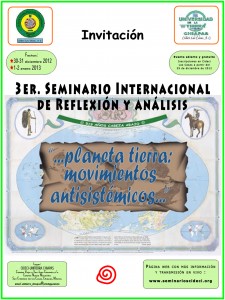
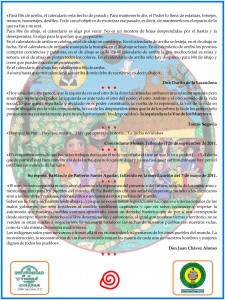
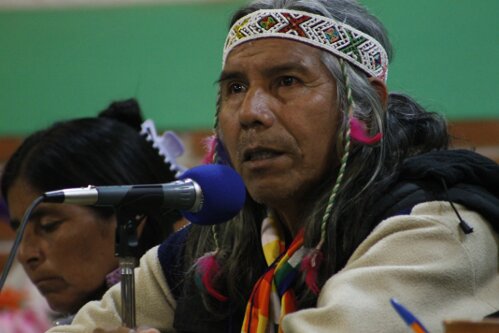
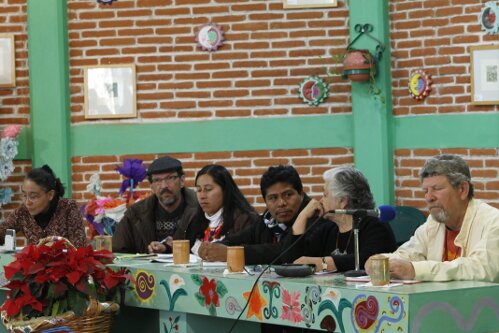
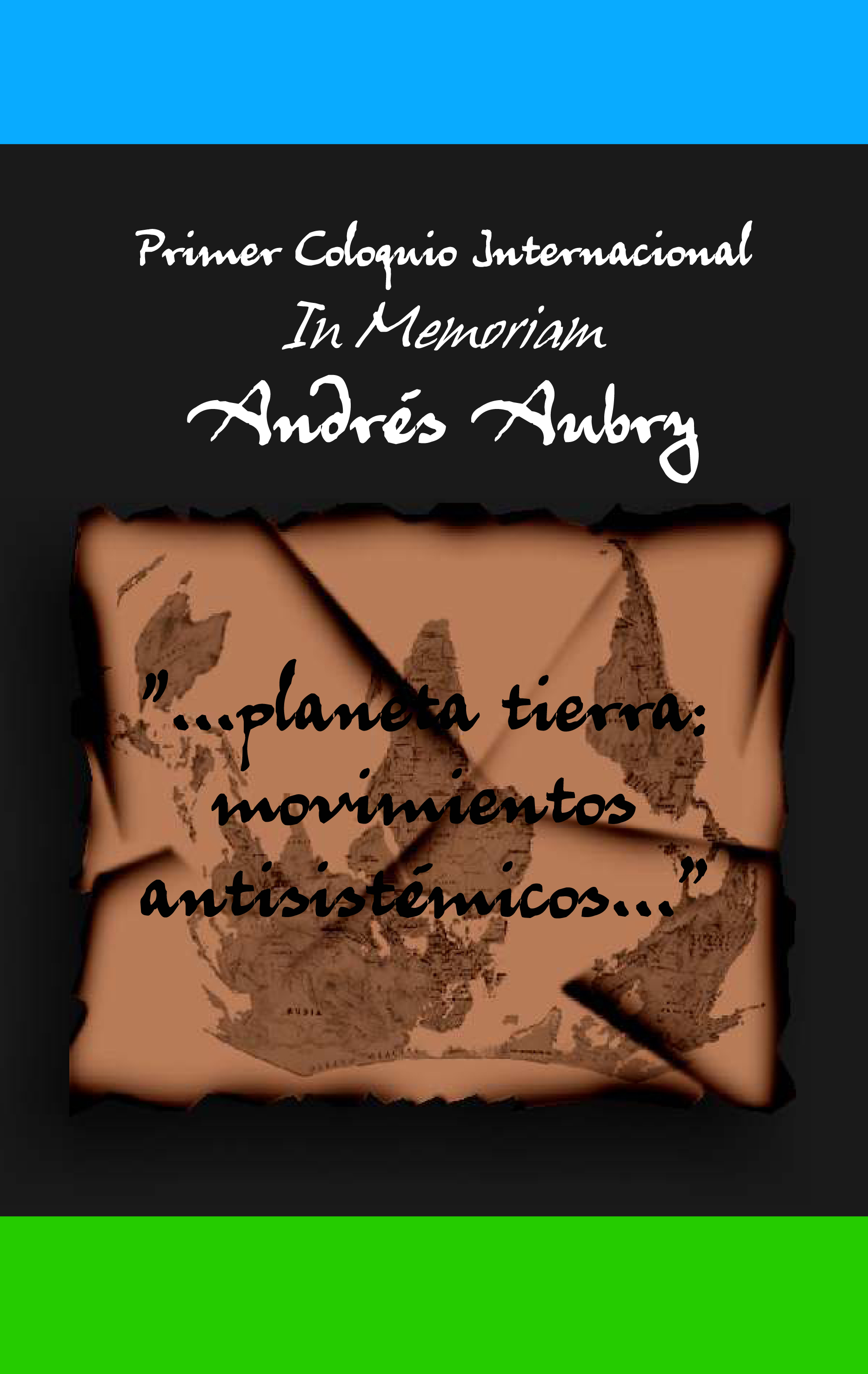
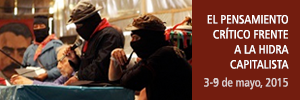
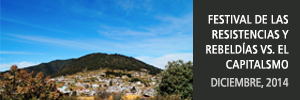
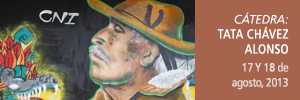
Deja un comentario